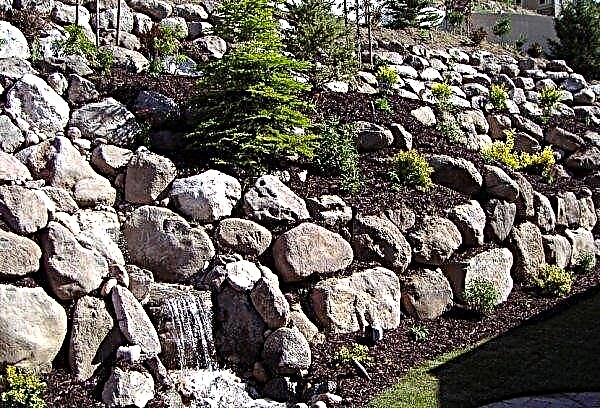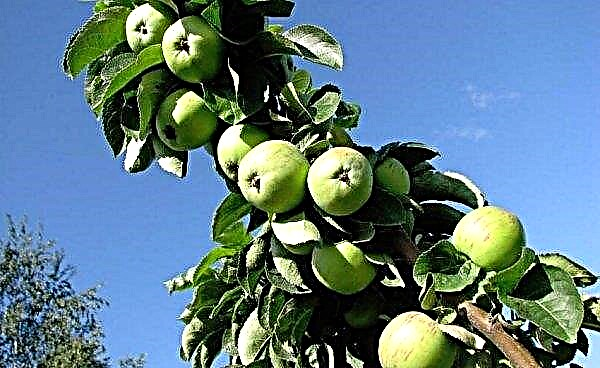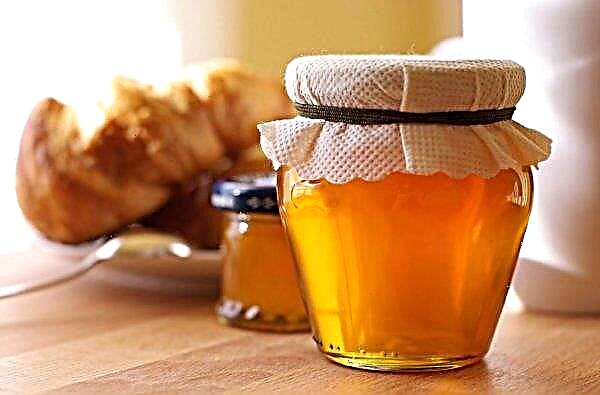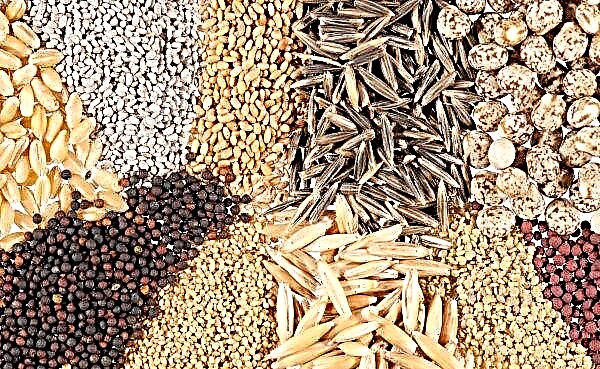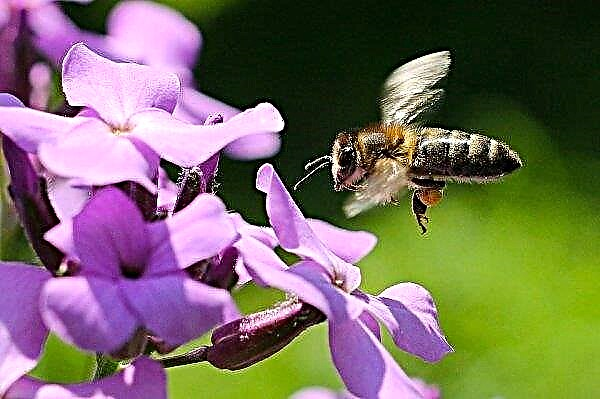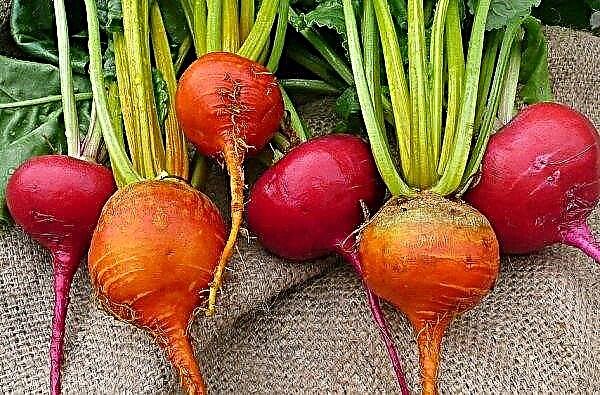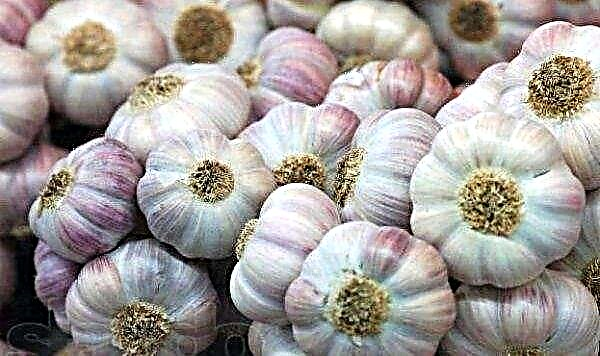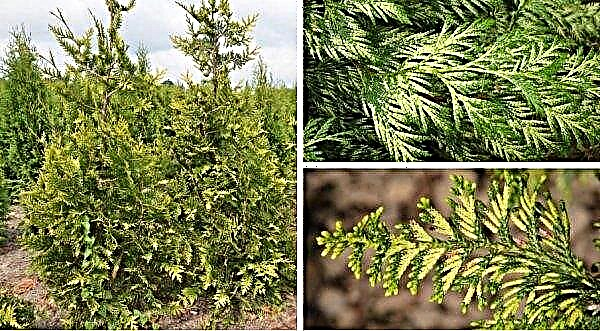The French islands of Guadeloupe and Martinique have the appearance of idyllic and sunny tourist spots, but few visitors know that these lush tropical islands suffer from a chronic pollution problem.
Chlordecone, a pesticide known as an endocrine disruptor, has been sprayed on banana plantations on the islands for nearly two decades, and today traces of it have been found in the blood of most local adults.
French President Emmanuel Macron called this an “environmental scandal” and stated that the state “should take responsibility”. He visited Martinique last year and was informed of a health crisis during this visit.
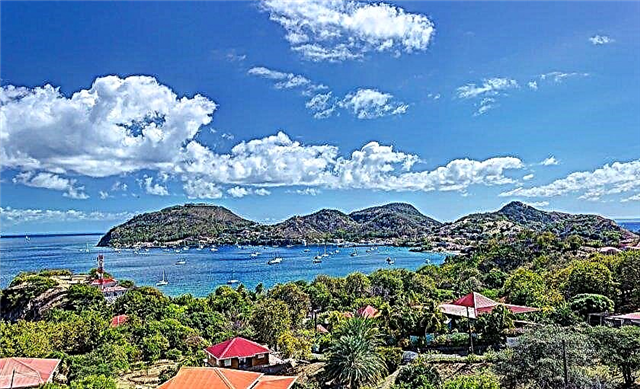
The French Parliament will organize a public investigation, which will draw its conclusions in December. “We saw a lot of anger and anxiety in the West Indies - the population feels abandoned by the republic,” said Justine Benin, Guadeloupe’s deputy, responsible for the investigation report.
“They are resilient people, they have already suffered from hurricanes, but their trust must be restored,” she told the BBC.

Large areas of soil are contaminated, as well as rivers and coastal waters. The authorities are trying to prevent the chemical from entering the food chain, but this is difficult because most of the products are produced by small farmers, who often sell their products on the roads.
As for drinking water, it is considered safe because carbon filters are used to remove contaminants.


